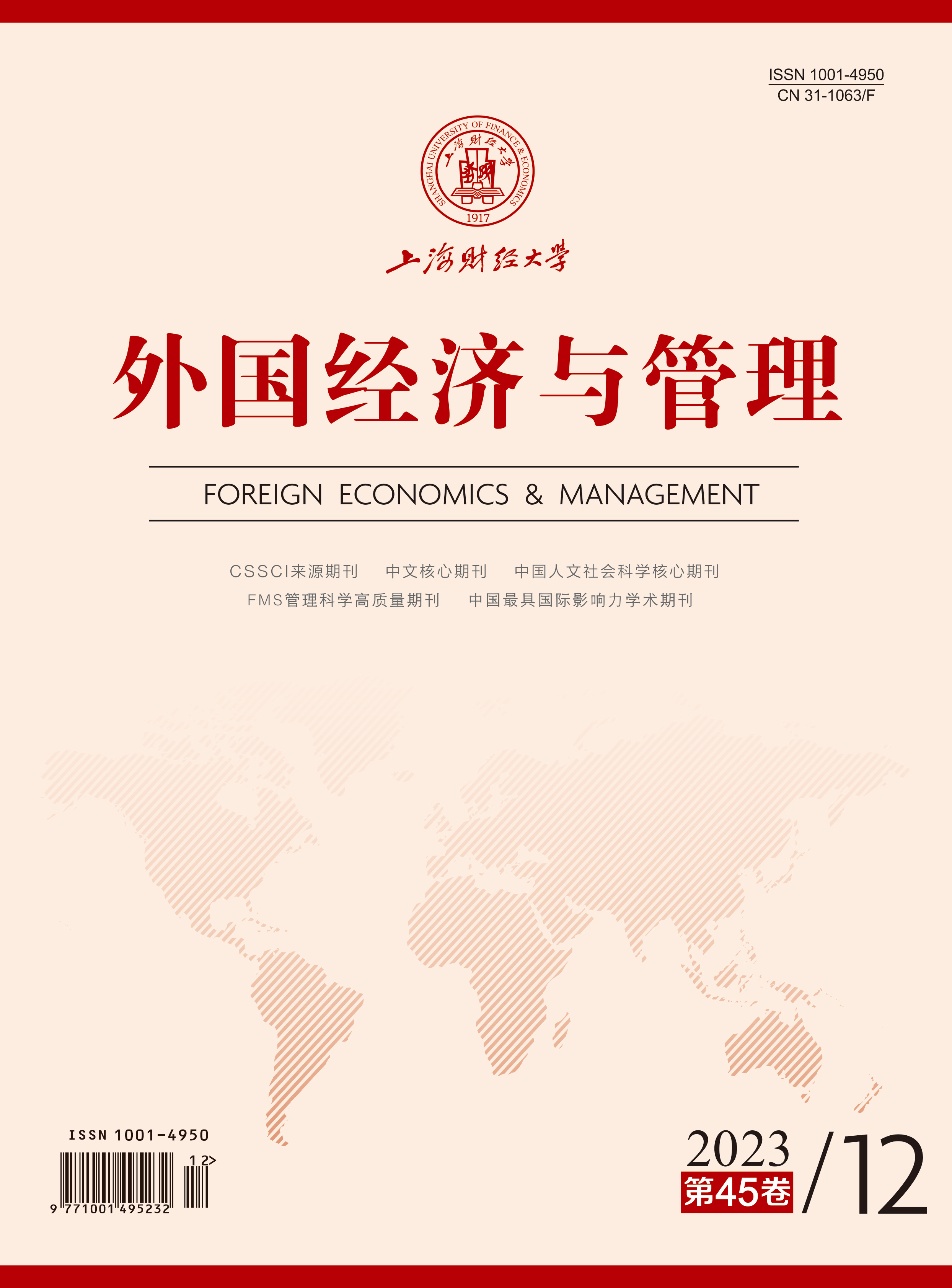In the era of the digital economy, data resources have become a key factor of production. As a new type of core productivity, the assetization process of data has become an inevitable trend, but how to exert the value of data assets has become an urgent problem for enterprises to solve, and it is also a key issue in academic research. Existing literature mainly discusses the value of data assetization from a theoretical perspective, but lacks research on the impact of data assets on enterprise innovation behavior, especially the impact path of data assets on enterprise innovation investment? In this regard, this paper uses data from Chinese A-share listed companies from 2011 to 2020 to quantify enterprise data assets and examine the impact and mechanism of data assets on innovation investment.
The conclusions are as follows: First, data assets can significantly increase enterprise innovation investment, and this improvement effect will be reflected in the process of data assetization, but the impact of data assets on enterprise innovation investment will show the dynamic decay characteristics of time series. Second, the role of data assets in improving innovation investment is more significant in small and medium-sized private enterprises, enterprises with high financing dependence, technology-intensive enterprises, and enterprises in areas with a low financial technology level and insufficient innovation. Third, data assets not only improve enterprises’ willingness to innovate by alleviating corporate financing constraints, but also expand enterprise innovation resources by strengthening R&D cooperation between enterprises, which are conducive to enhancing enterprise innovation investment.
Based on the above conclusions, the following policy recommendations are put forward: First, enterprises should strengthen the top-level design of data assets. Second, while paying attention to the process of data assets, enterprises should fully tap the potential value of data assets. Third, enterprises should pay attention to the integration and development of data assets and traditional production factors.
The possible contributions of this paper are that: First, it examines the impact of data assets on enterprise innovation investment from a micro perspective, enriching the research in the micro field of data assets. Second, it quantifies data assets by discussing the process of enterprise data assetization, supplementing the quantitative research of data assets. Third, it reveals the impact path of data assets on enterprise innovation investment from the perspective of innovation willingness and innovation resources, supplementing the theoretical and empirical research of data assets.





 7756
7756  19656
19656

